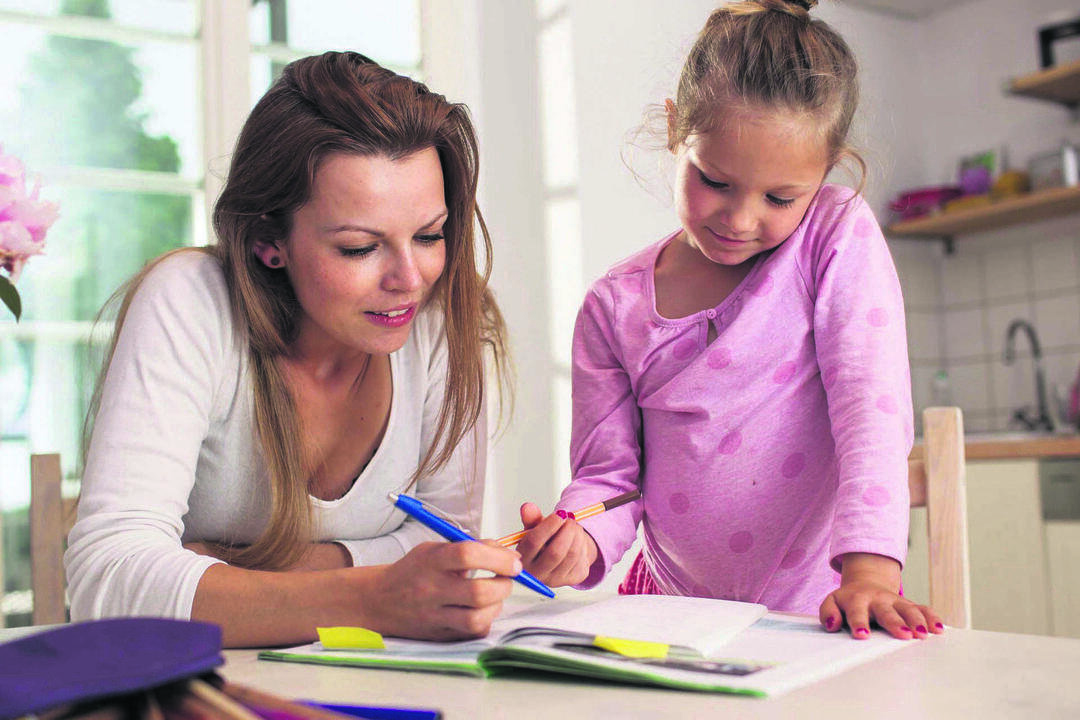Mediación: claves para un verano sin conflictos por los estudios

Con el final del curso escolar y las vacaciones de verano llegan los cambios en las rutinas de casa. Lo ideal es dar con maneras lúdicas de desarrollar las habilidades a trabajar: excursiones, visitas a museos, debates o juegos que impliquen pasar buenos ratos. Desde CO-MEDIACION, Gabinete de Mediación y Asesoramiento Psicopedagógico, os recuerdo algunas claves para organizar las largas vacaciones de los más pequeños evitando conflictos:
- Hacer un buen plan de trabajo desde el principio, teniendo en cuenta los viajes y demás impases en lo que será la “nueva rutina”. ¿Es necesario hacer deberes o conviene desconectar de las tareas académicas? Si lo que conviene es fomentar unos hábitos de estudio y autodisciplina, siempre mejor por la mañana, después del desayuno, para que la idea del “resto del día libre por delante” funcione de motivación.
- Definir unos objetivos de trabajo y traducirlos en tareas entretenidas, pasa por darle una pensada creativa a los aspectos a fortalecer. La clave está en tener claras las habilidades a trabajar y establecer tareas que permitan a los niños ejercitarlas. Si queremos fomentar sus hábitos de lectura, pensaremos en cuentos o novelitas interesantes para leer y comentar después. Es el momento para practicar escribiendo cartas y postales y animarlos a relatar los capítulos de una serie o ensayar una pequeña obra de teatro para mejorar la expresión verbal o el lenguaje articulatorio. Para desarrollar habilidades sociales, los campamentos de verano o, simplemente, fomentar el trato con otros niños en nuevos círculos. Para trabajar el cálculo, además de las múltiples aplicaciones y cuadernillos que hay en el mercado, viene bien involucrarles en tareas cotidianas que se les dan bien, introduciendo, entre medias, alguna tarea de cálculo.
- En todos los casos, es recomendable aprovechar las vacaciones para mejorar su autoestima. Elaborar un pequeño diario de autoestima ayuda a poner el foco en las cosas positivas del día a día, mejorando el animo e impulsando un mejor autoconcepto. Responder, diariamente, en una pequeña libreta, antes de acostarse, a “que ha sido lo más divertido del día”, “de qué me siento orgulloso y por qué” y "hoy he ayudado a.... haciendo....", puede componer esta tarea.
- Tener pensada alguna técnica de relajación para ponerla en práctica en los momentos de tensión, puede concretarse en unos minutos de respiración pausada o unos sencillos ejercicios de estiramiento.
Por supuesto, entender mejor las causas de las dificultades de aprendizaje de los pequeños, puede pasar por recurrir a una evaluación a través de pruebas de inteligencia o desarrollo neuropsicológico, algo esencial para la detección temprana de TDAH, trastornos de lateralidad, o problemas auditivos y visuales, entre otros.
Catalina Bernaldo de Quirós.
Mediadora y Pedagoga
Directora del Gabinete de Mediación “Co-Mediacion”
Más info en: www.co-mediacion.com
KEYS TO A SUMMER WITHOUT CONFLICT DUE TO STUDIES
With the end of the school year and the summer holidays come changes to home routines. The ideal thing is to find fun ways of developing skills to work on: excursions, visits to museums, debates or games that entail having a good time. From CO-MEDIACION, Office of Mediation and Psychopedagogical Guidance, I want to remind you of some keys to organising the long holidays for the little ones to avoid conflicts:
- Create a good work plan from the outset, bearing in mind trips and other impasses in what will be the “new routine”. Is it necessary to do homework or advisable to switch off from academic tasks? If it is advisable to encourage study habits and self-discipline, it is always better to do son in the morning, after breakfast, so that the idea of “having the rest of the day free” serves as motivation.
- Defining work goals and turning them into entertaining tasks, depends on thinking creatively about the aspects to strengthen. The key is to be clear about the skills to work on and creating tasks that enable the children to exercise them. If you want to encourage their reading habits, think about interesting stories or short novels to read and comment on afterwards. It is time to practice by writing letters and postcards and encourage them to describe the chapters of a series or rehearse a little work of theatre in order to improve their verbal expression or language articulation. In order to develop social skills, summer camps or simply encourage relations with other children in new circles. To work on calculation, in addition to the many applications and booklets that are on the market, it is good to involve them in daily tasks that they are good at, introducing some calculation tasks between them.
- In all cases, it is recommended to use the holidays to improve their self-esteem. Creating a little self-esteem diary helps to put the focus on the positive things of daily life, improving mood and encouraging a better self-image. Answering, on a daily basis, in a little notebook, before going to bed, “what has been the most fun part of the day”, “what I feel proud of and why” and “today I helped .... by doing....” can form this task.
- Think up some relaxation techniques in order to put it into practice in times of tension, it could take the form of a few minutes of slow breathing or some simple stretching exercises.
Of course, having a better understanding of the learning difficulties of the little ones, may involve having an assessment done using intelligence or neuropsychological development tests, which is essential for the early detection of ADHD, laterality disorders, or hearing and visual problems, among others.

